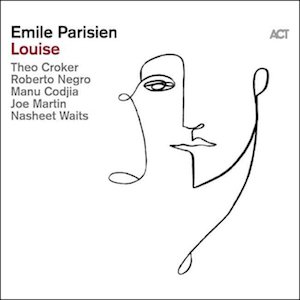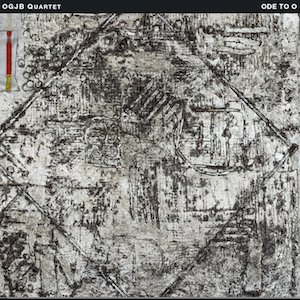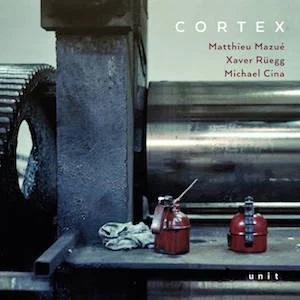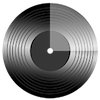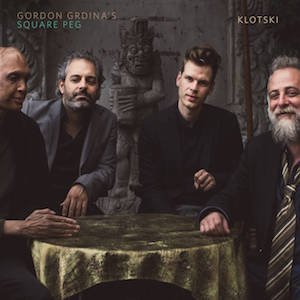Label: Odin Records, 2022
Personnel - Ingebrigt Haker Flaten: acoustic and electric bass; Mette Rasmussen: alto saxophone; Atle Nymo: tenor saxophone, Bb clarinet, bass clarinet; Eivind Lønning: trumpet; Oddrun Lilja Jonsdottir: vocals, electric guitar; Oscar Grönberg: piano, keyboards; Veslemøy Narvesen: drums, percussion; Olaf Olsen: drums, percussion.
Originally from Norway and living in the US, Ingebrigt Haker Flaten developed a solid reputation as a bass player while working in the free jazz universe alongside artists such as drummer Paal Nilssen-Love and saxophonists Mats Gustafsson, Joe McPhee and Dave Rempis. His most recent outing as a leader, (Exit) Knarr, is a favorite of mine. Not being as free as most of the projects he’s been involved in lately, it’s still tremendously explorative and rewardingly palpable. Spearheading a stellar aggregation of Scandinavian musicians, Flaten demonstrates his compositional abilities throughout six fully realized offerings of breathtaking quality. Each piece, dedicated to a different city, describes the trajectory of the musician with a very particular feel.
“Miles Avenue (for Austin)” is a slow-burning celebration introduced by clapping, percussion and keys. The layers pile up with long horn wails and electric guitar, but the stirring comes from a vibrant 29-beat-cycle groove conjointly pronounced by double bass and bass clarinet. This invigorating dance prompts horn unisons, yet the spotlight falls into trumpeter Eivind Lønning, whose animosity precedes the final theme.
Rowdy pieces like “A La Lala Love You (for Chicago)” and “Chaos Pad (for Mexico City)” denote a punky, nervy attitude that favors explosive improvisation. The former is a mighty groovy avant blast that features soloists Atle Nymo on tenor and Oscar Grönberg on keyboards. In turn, the latter composition is an out-of-the-box ranchera set up with a straightforward triple meter and featuring a blustering solo by altoist Mette Rasmussen. She builds it with timbral fervor, incorporating splatters of upper register tickles.
Far more composed in nature and folksy in tone are “Brinken (for Trondheim)” and “Hakkaran (for Oppdal)”. The former displays Nymo’s clarinet soaring and crashing with a John Surman-like spiritual-mindedness, whereas the latter, immersed in fusion brilliancy, finds a moment for the alluring dusky sounds of the bandleader. It’s impossible not to notice the presence of guitarist/vocalist Oddrun Lilja Jonsdottir on both pieces.
The album comes to completion with “Museumplein (for Amsterdam)”, a melancholy indie rock hymn with nice melody, droning backup, and mutable foundation. It becomes denser and busier with the rhythmic vortex delivered by drummers Veslemøy Narvesen and Olaf Olsen, while the horns blow together in thrilling fashion. This is a breathtaking album to be cherished and revisited.
Favorite Tracks:
01 - Miles Avenue (for Austin) ► 05 - Chaos Pad (for Mexico City) ► 06 - Museumplein (for Amsterdam)







